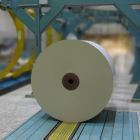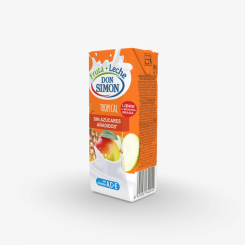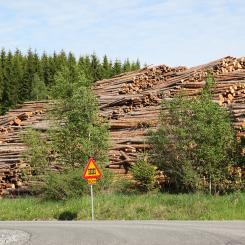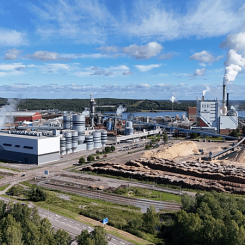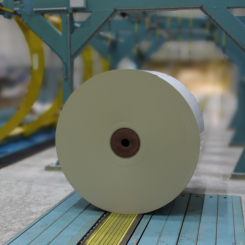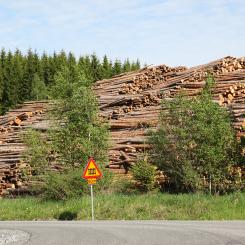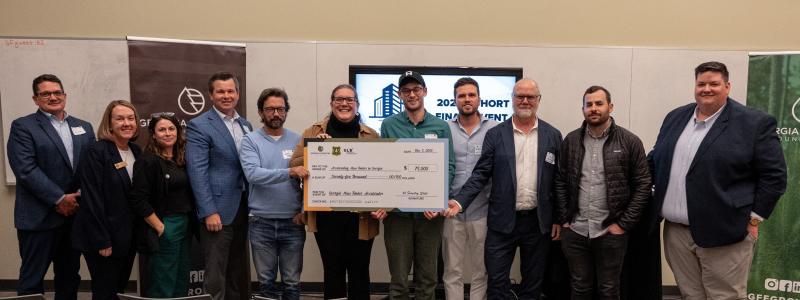A paper-like absorbent can make oil decontamination more efficient, both on land and in water. Download original picture here.
Sweden is rich in innovation when it comes to finding new uses for the forest. The next big thing might be a pulp that absorbs oil but rejects water. Thanks to the right industrial contacts, the product is about to enter a promising market.
Sometimes nature itself has the smartest solutions to human problems. The Swedish company Biosorbe has a brilliant example - an innovation that utilizes smart components from nature’s own eco-cycle to clean oil from environments where it is not supposed to be.
The product looks a lot like paper sheet but has other qualities. It is made from cellulose and a mixture of natural components, which makes an efficient oil absorber. The method has been developed in collaboration with the Royal Institute of Technology in Sweden.
"The oil stays in the absorber even if it comes into contact with water, and it stays afloat for a long time," explains Biosorbe’s CEO and co-founder Erik Josephsson.
The absorber recently moved from lab to pilot production with help from Rottneros pulp mill in Sunne, Sweden. Biosorbe has temporarily moved to the mill as a result of matchmaking through the forest-based bioeconomy cluster Paper Province.
Nils Hauri, director of Innovation and Strategic Projects at Rottneros, says that supporting Biosorbe with facilities, process knowledge and raw material was an obvious thing to do.
"We also aim to refine forest materials further and think that this is a promising path. Furthermore, we know how difficult it can be to go from lab to production, so it feels good to be able to help. It is important to think outside our own box. And when you are part of a cluster that brings together companies like ours, exciting things will happen," says Nils Hauri.
Another competitive advantage for Biosorbe’s absorber is that most of the oil can be squeezed out and reused after the clean-up, for instance as fuel.
"Emergency services, the transportation sector and waste management companies are showing a great interest in our product. We are scaling up production and delivering test products as we speak. This has potential to become really big," Erik Josephsson says.



